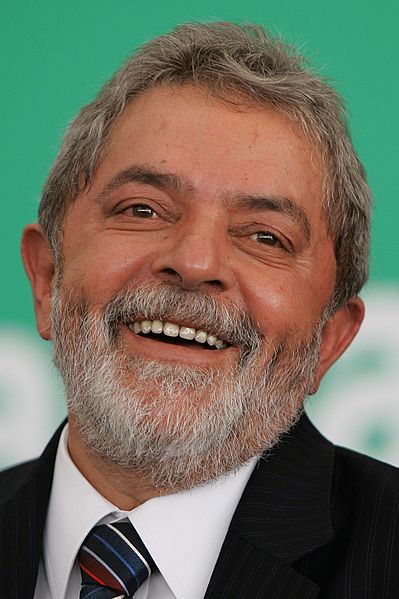The far-right incumbent Jair Bolsonaro lost to Luiz Inacio Lula da Silva in Brazil’s runoff presidential election on Sunday, in what some have referred to as the nation’s most significant polls since its restoration to democracy.
After serving as the country’s 35th president from 2003 to 2010, Lula will take office as Brazil’s 39th president on January 1, 2023.
“In Brazilian politics, I believe that I underwent a process of resuscitation. They attempted to bury me alive, but now I’m in charge of the nation. We are in a really tough situation, but I am confident that we can find a solution and bring about peace with the assistance of the people “He tweeted something.
With the aid of several social programmes during his previous term, Lula assisted in bringing almost 30 million Brazilians out of poverty.
When he departed office on December 31, 2010, he was still a well-liked leader who had presided over a robust economy.
Before his political dreams were thwarted by a conviction for bribery and money laundering, Lula, a former union leader, ran for president in 2018. He was imprisoned, and former army captain Bolsonaro won the presidency.
After the Supreme Court reversed the decision against him, Lula was granted his release from prison in 2019 and is now eligible to run for office once more.
After Bolsonaro was accused of using the Brazilian flag for political gain, Lula tweeted “democracy” as the votes were about to be totaled, placing his hand over the flag in a symbolic move.
According to information from the Supreme Electoral Court, Lula had received 50.88% of the vote with 99.55% of the total votes counted, or 60,048,560 votes.
57,976,538 votes, or 49.12%, went to Bolsonaro.
In the nation, where voting is required, 156 million voters were eligible to cast their ballots for the next president.
According to the Brazilian government-run news agency Agencia Brasil, there were more than 697,000 Brazilians who were registered to vote but were abroad.
Many polls predicted that Lula would win handily in the first round of voting on Oct. 2, since he earned 48% of the vote versus Bolsonaro’s 43%.
As a result, a second round of voting was automatically required because neither candidate met the 50% requirement for an outright victory.

